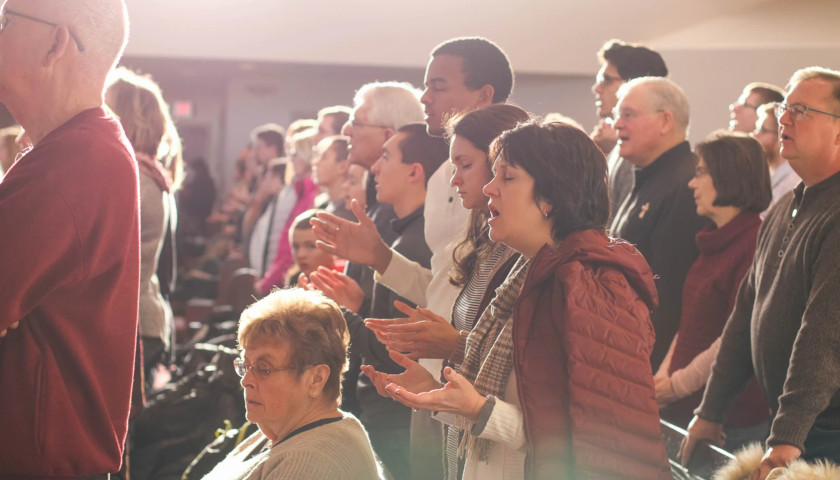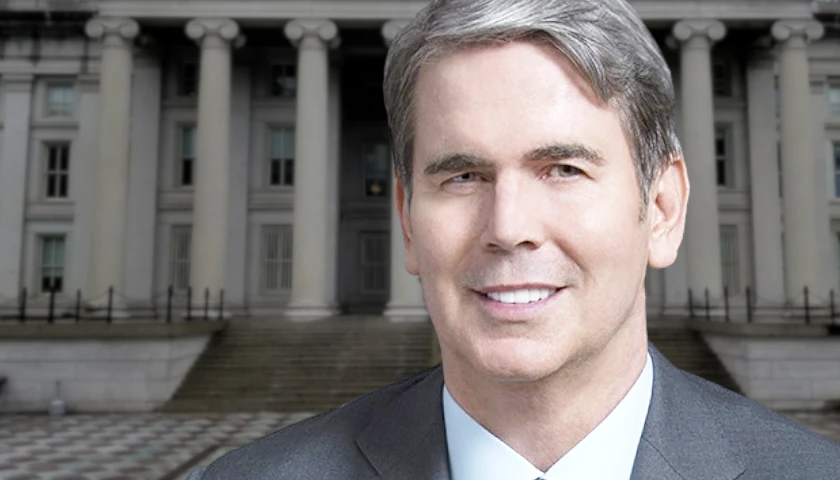by Mary Margaret Olohan
Christianity continues to decline among U.S. adults as the number of adults identifying as “nothing in particular” increases, Pew Research Center found.
The number of American adults who describe themselves as Christian dropped 12 percentage points over the past decade and the number of both Protestants and Catholics in the U.S. has dropped, according to Pew Research data released Thursday.
 Surveys Pew conducted over the phone between 2018 and 2019 found 65% of American adults describe themselves as Christian. Meanwhile, 26% of American adults identify as atheist, agnostic or “nothing in particular,” a number that increased from 17% in 2009.
Surveys Pew conducted over the phone between 2018 and 2019 found 65% of American adults describe themselves as Christian. Meanwhile, 26% of American adults identify as atheist, agnostic or “nothing in particular,” a number that increased from 17% in 2009.
“The data shows that the trend toward religious disaffiliation documented in the Center’s 2007 and 2014 Religious Landscape Studies, and before that in major national studies like the General Social Survey (GSS), has continued apace,” according to Pew.
Protestantism in America has taken a hit: 43% of adults identify as Protestant, a number which dropped from 51% in 2009. Similarly, 23% of American adults identified as Catholic in 2009, but 20% now identify as Catholic.
Only 2% of American adults identified as atheist in 2009 — a number which has since doubled to 4%, surveys found. Agnostics have increased from 3% in 2009 to 5% now.
Seventeen percent of Americans describe their religious affiliation as “nothing in particular.” Twelve percent of Americans described themselves this way in 2009.
Data showed a “wide gap” between baby boomers, millennials, and members of the Silent Generation. While 84% of those in the Silent Generation, who were born between 1928 and 1945, identify as Christians, 76% of baby boomers described themselves as Christian.
This differs from the 49% of millennials who identify as Christian. Four in 10 millennials consider themselves religious “nones,” and about 1 in 3 millennials say they attend religious services at least once or twice a month.
Pew, a nonpartisan think tank, surveyed 12,738 adults with a margin of error of plus or minus 1 percentage point for 2018 and 2019. The total analysis included 168,890 respondents in 88 surveys.
– – –
Mary Margaret Olohan is a reporter for the Daily Caller News Foundation.




